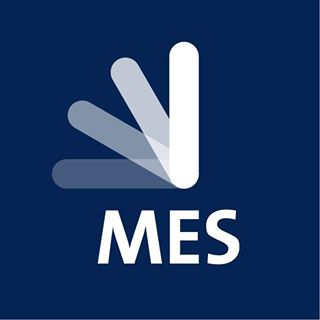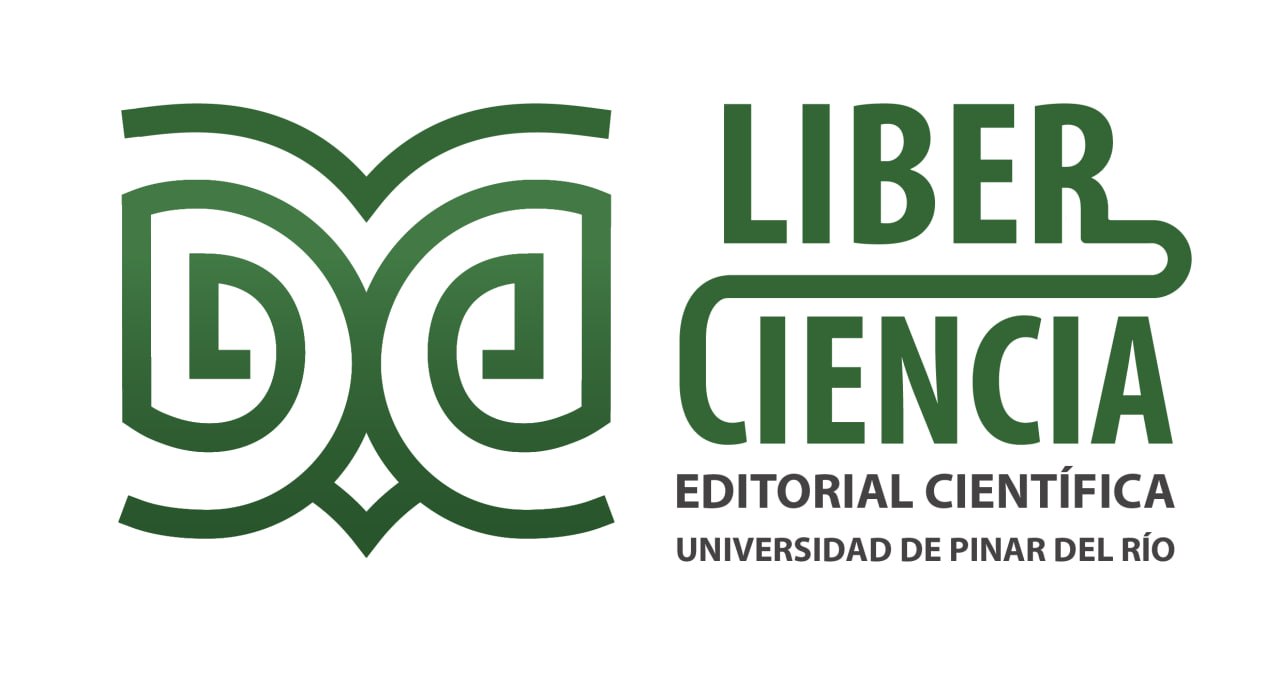Perceptions of university students about changes in ways of learning by means of employment of new technologies I Taller “La perspectiva informacional en la Educación Superior transformadora, de calidad, pertinente y sostenible”
Main Article Content
Abstract
Information and communication technologies are no longer educational technological tools and their use has become one of the basic skills to be developed in the teachinglearning process. The changes in the way in which the students of the Bachelor of Pedagogy-Psychology program learned with the use of new technologies, especially after the pandemic, was the objective of this study, especially after the pandemic, was the objective of the present study. Four focus groups made up of a total of 44 students from the four years of the degree, answered the protocol. Content analysis and the automated tool for the qualitative analysis of unstructured texts, Atlas.ti were used for the coding and identification of response patterns and the development of a conceptual map of words. The triangulation of sources and content enabled the analysis of the results. The study ratified the unanimous use of cell phones for access to the Internet and networks and as a complementary resource for the search for information; the independent study was carried out depending on the complexity of the subjects, the volume of content and the motivation. The prevalence of students who still prefer textbooks to study and those who need to improve metacognitive skills was significant. New technologies had a privileged use in recreational and entertainment activities. In general, after the pandemic, they devoted more time to independent study. Other research is needed to deepen and optimize the use of technologies in the professional training of educational psychologists.
Downloads
Article Details

This work is licensed under a Creative Commons Attribution-NonCommercial 4.0 International License.
References
Alcívar, Trejo C., Vargas, Párraga V., Calderón, Cisneros J., Triviño, Ibarra C., Santillan, Indacochea S., Soria, Vera R., Cárdenas, Zuma L. (2019). El uso de las TIC en el proceso de enseñanza- aprendizaje de los docentes en las Universidades del Ecuador. Revista Espacios, 40 (2), 27. https://www.revistaespacios.com/a19v40n02/a19v40n02p27.pdf
Área, M. & Adell, J. (2021). Tecnologías Digitales y Cambio Educativo. Una Aproximación Crítica. Revista Iberoamericana sobre Calidad, Eficacia y Cambio en Educación,19(4), 83-96. https://doi.org/10.15366/reice2021.19.4.005
Balluerka, N., Gómez, J., Hidalgo, M., Gorostága, A., Espada, J. y Padilla, J. (2020). Las consecuencias psicológicas de la COVID-19 y el confinamiento. Servicio de publicaciones de la Universidad del País Vasco. https://www.ub.edu/web/ub/ca/menueines/noticies/docs/Consecuencias_psico logicasCovid-19.pdf
Bond, M., Zawacki-Richter, O. and Nichols, M. (2019). Revisiting five decades of educational technology research: A content and authorship analysis of the British Journal of Educational Technology. British Journal of Educational Technology 50 (1), 12–63. https://doi.org/10.1111/bjet.12730
Cabaleiro-Cerviño, G. & Vera, C. (2020). The Impact of Educational Technologies in Higher Education. GIST – Education and Learning Research Journal, 20, 155-169. https://doi.org/10.26817/16925777.711
Castañeda, L., Salinas, J. & Adell, J. (Junio 2020). Digital Education Review - Number 37. http://greav.ub.edu/der/
Cueva Gaibor, Diego A. (2020). El uso de las TIC en el proceso de enseñanza- aprendizaje de los docentes en las Universidades del Ecuador. Conrado, 6(74), 341-348. http://scielo.sld.cu/scielo.php?script=sci_arttext&pid=S199086442020000300341&lng=es&tlng=pt.Harrell
C., M. & Bradley A., M. (2009). Data Collection Methods. Semi-Structured Interviews and Focus Groups. RAND https://www.rand.org/content/dam/rand/pubs/technical_reports/2009/RAND_TR718.pdf
Jinghui Hou, Justin Rashid, Kwan Min Lee (2017). Cognitive map or medium materiality? Reading on paper and screen. Computers in Human Behavior 67, 84-94. http://dx.doi.org/10.1016/j.chb.2016.10.014
Martín Barbero, J. (31 de octubre al 2 de noviembre de 2000). Transformaciones comunicativas y tecnológicas de lo público. Ponencia presentada en el V Encuentro Iberoamericano del Tercer Sector “Lo público: una pregunta desde la sociedad civil”, Cartagena. Colombia.
Organización de las Naciones Unidas para la Educación, la Ciencia y la Cultura (2021). Marco de competencias de los docentes en materia de TIC.
Raja, R. & Nagasubramani, P.C. (2018). Impact of modern technology in education. Journal of Applied and Advanced Research, 3(Suppl. 1), 33-35. https://dx.doi.org/10.21839/jaar
Selwyn, N. (2017). Education and technology: Critical questions. En G. Ferreira, L. Da Silva Rosado, & J. Sá Carvalho (Eds.), Education and Technology: Critical approaches (pp. 105-122). SESES. https://osf.io/preprints/socarxiv/rmyg8/
Singer L.M. & Alexander P.A. (2016): Lectura a través de medios: Efectos de la lectura de textos digitales e impresos sobre la comprensión y la calibración, The Journal of Experimental Education. http://dx.doi.org/10.1080/00220973.2016.1143794
Unicef (2019): Annual Report 2019. UNICEF. https://www.unicef.org/media/74016/file/UNICEFannual-report-2019.pdf




